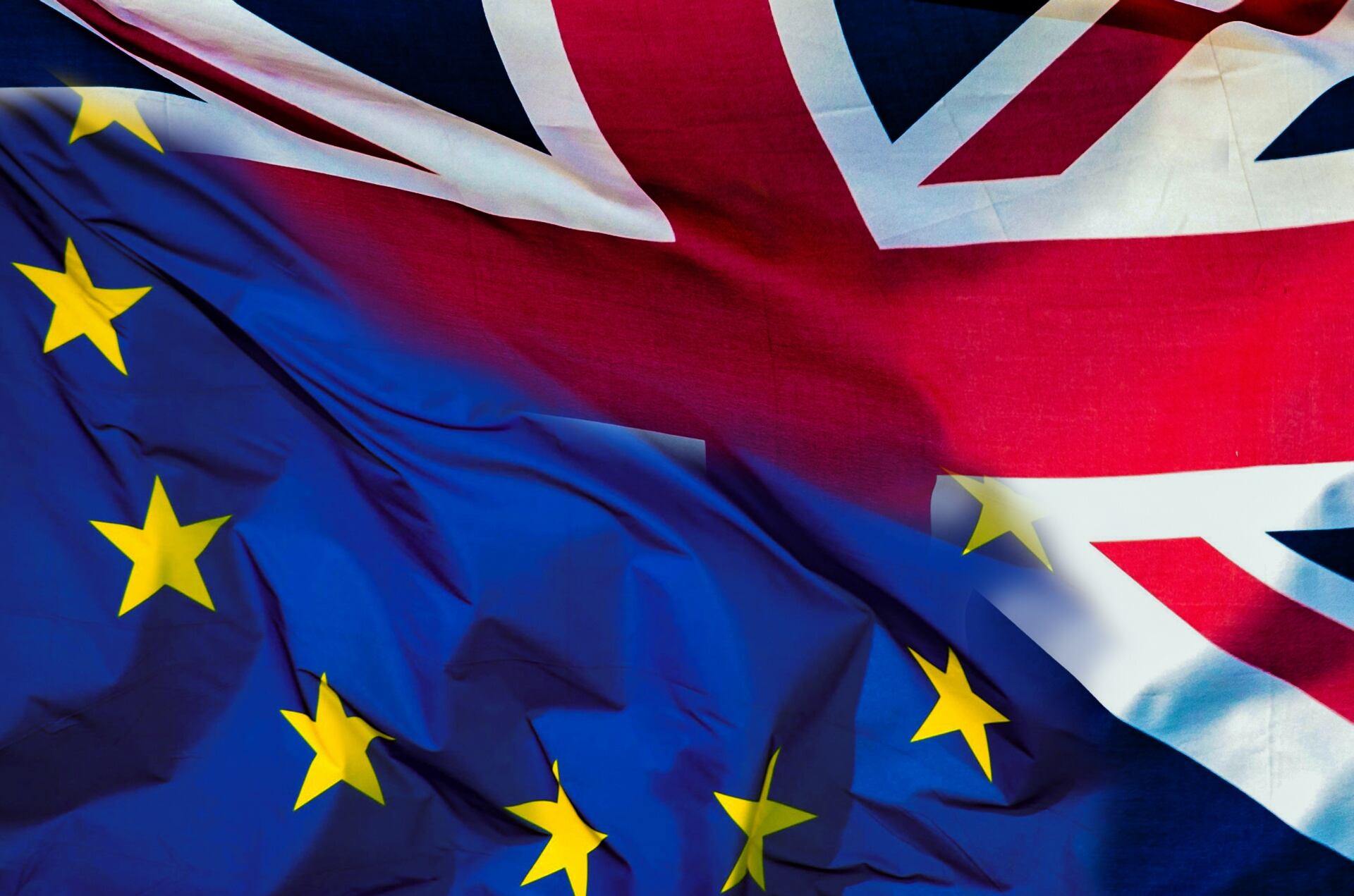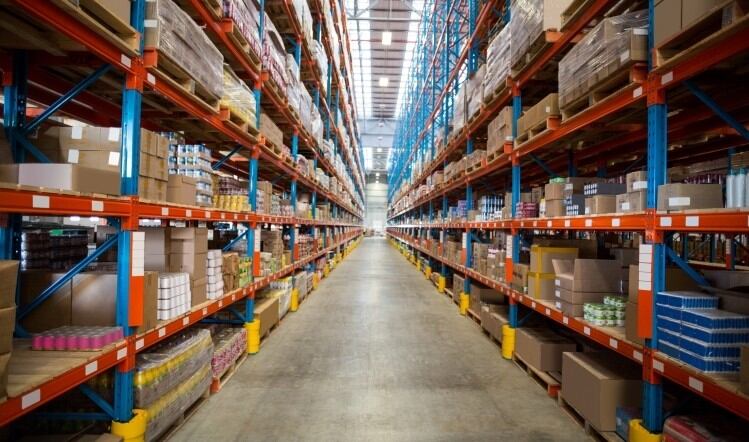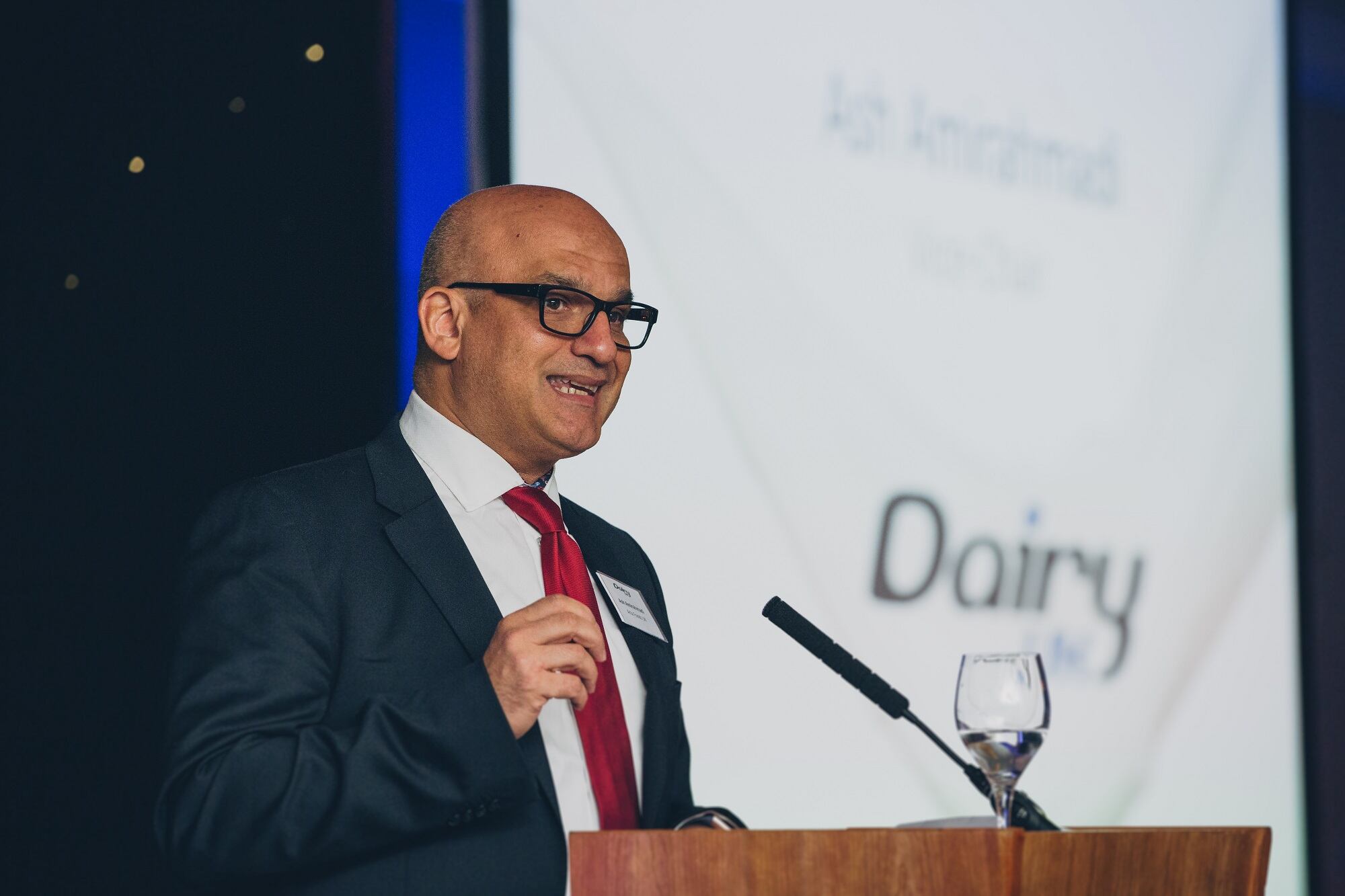Professor Tim Lang of the University of London’s Centre for Food Policy called on the Government to reassure the public that its emergency planning had considered the impact on public health, particularly for consumers with lower incomes.
“The main food bank organisers have informed the UK Government that their local groups do not have enough food, volunteer support and storage capacity to deal with any uplift of need,” said Lang. “They want a hardship fund to be established to ensure people have enough money for food.
“At what point will the public be engaged and informed to help prepare for a no-deal Brexit? And is public health at the heart of planning? The posing of these questions is not new. But a troubling new food planning case study appears to be unfolding.”
‘Prepare for Brexit’ - £138m campaign
His comments come as the Government prepared to launch a £138m ‘Prepare for Brexit’ campaign designed to reassure the nation. Lang questioned whether or not this campaign would share the Government’s predictions for what would happen within a day of a no-deal Brexit.
Current systems in place in the UK to mitigate food scarcity were not sufficient to deal with the fallout of a no-deal Brexit, Lang explained. There was a lack of forums for the public to convey their fears and existing national security strategy was geared towards countering actions of hostile external states or interests, not dynamics set in train by Government.
“A Government ‘Don't panic – prepare’ booklet advises on issues such as snow, floods, and electricity cut-offs, but has nothing tailored to food and Brexit,” he added. “Its general advice to have three days of food for children is hardly appropriate for a no-deal Brexit. One hopes the new information campaign will do better than that.
“Local Resilience Forums, set up under the Civil Contingencies Act to help coordinate action in emergencies, are multi-agency bodies, but lack the resources to plan how food systems will be affected in their areas.”
Price rises and third country status
Predictions coming out of the leaked Government planning assumptions included the flow of trucks to drop by a third or more within a day of Brexit, food prices to increase by at least 10% and strict imposition of the UK as a third country under EU and World Trade Organization rules – particularly in France.
“This situation is worrying,” Lang added. “The UK state is reverting to its default positions of centralisation and planning secrecy that are reminiscent of what William Beveridge called, after World War 1, top-down ‘food control’.
“What is needed is engaged food democracy. To be fair, the UK Government’s rationale for food secrecy is fear of panic-buying, to which just-in-time delivery systems are vulnerable. Food industries agree – they know border and transport blockages will happen.”
Meanwhile, Food and Drink Federation chief executive Ian Wright has described the Government’s decision to postpone Brexit to 31 October as ‘poorly timed’ and putting food security at risk.





